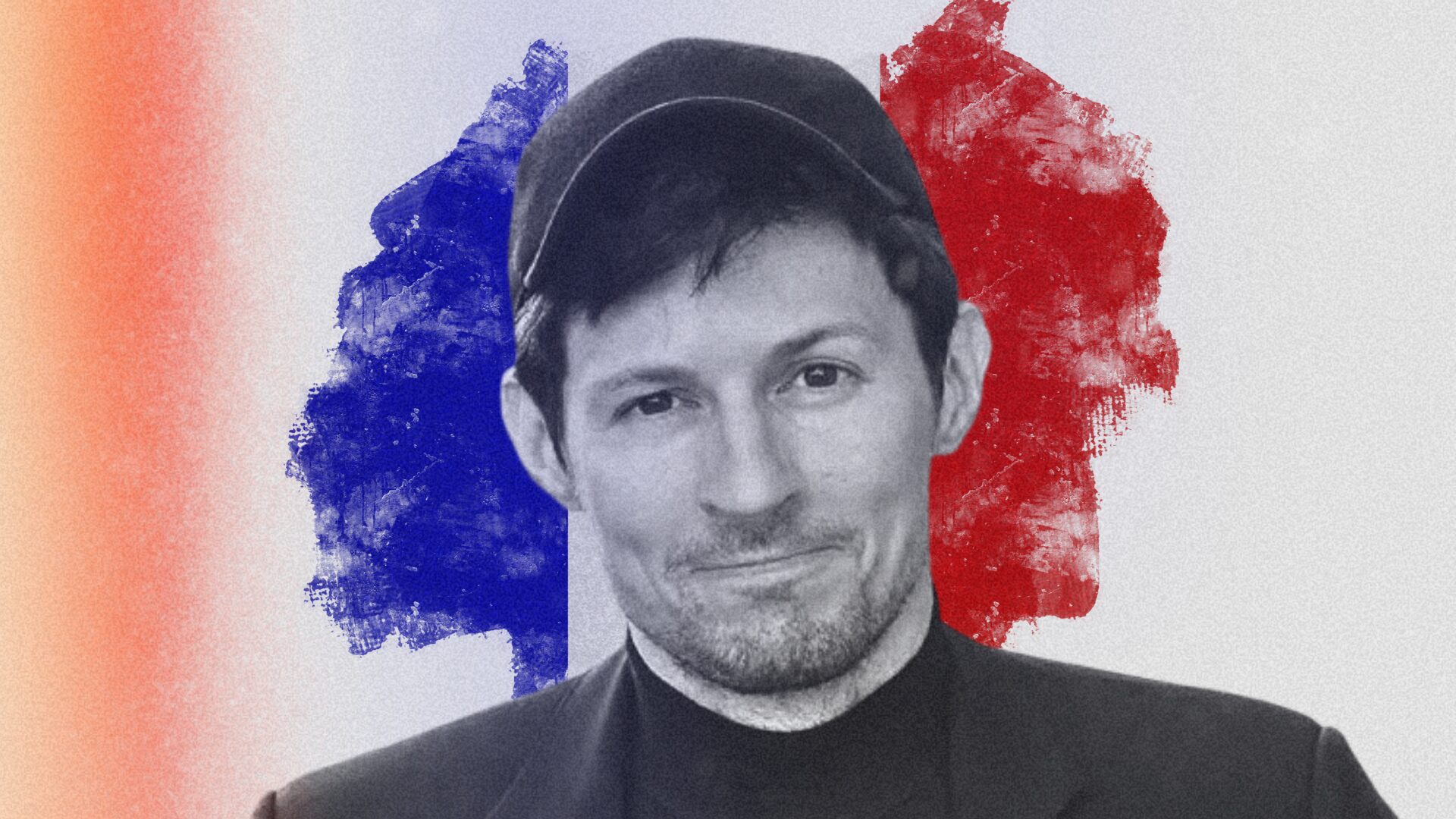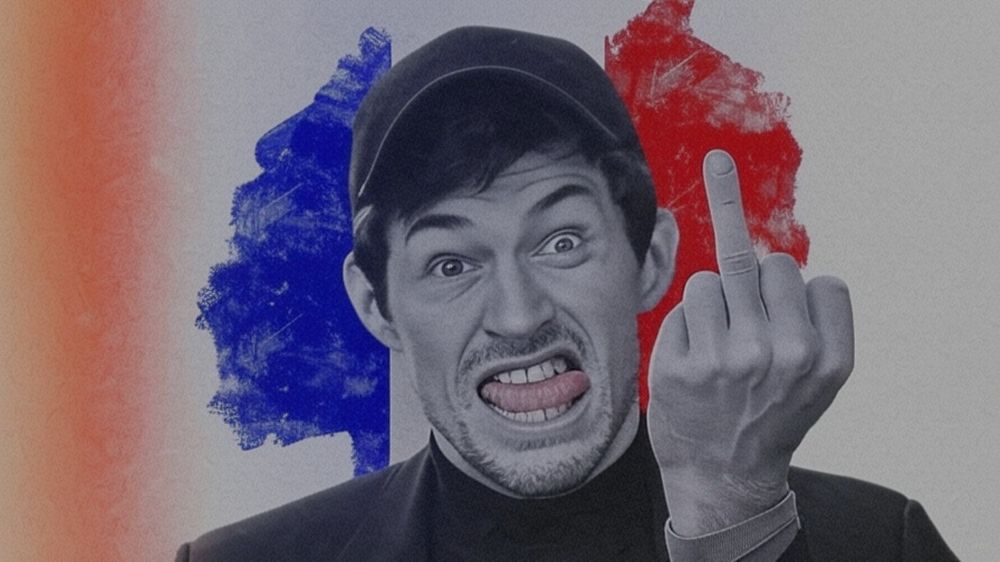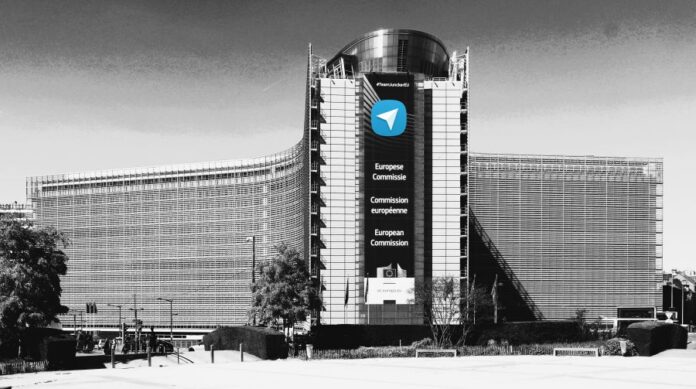Did France and the EU Interfere in Moldova’s Election? Telegram’s Pavel Durov Drops Explosive Allegations
France EU election interference is no longer just a conspiracy theory—it’s an allegation backed by one of the world’s most influential tech figures. In a bombshell post on X, Telegram founder Pavel Durov claims French intelligence operatives attempted to manipulate Moldova’s presidential election by pressuring his platform to censor political opponents, all while leveraging his own legal detention in France as a bargaining tool.
But how credible are these claims? And if true, what do they reveal about the European Union’s commitment to democratic norms beyond its borders?
A Year in Legal Limbo

Durov says he has been effectively “held hostage” in France for over a year under what he describes as politically motivated judicial pressure. While French authorities maintain that his legal troubles stem from legitimate investigations into alleged platform misuse, Durov paints a darker picture—one of coercion, quid pro quo, and geopolitical manipulation.
According to his post, around a year ago—while stranded in Paris—French intelligence operatives, acting through an intermediary, approached him with a troubling request: help the Moldovan government censor specific Telegram channels ahead of Moldova’s presidential election.
Censorship as a Political Tool?
Durov says Telegram reviewed the first list of flagged channels and removed a few that genuinely violated its terms of service. But then came the kicker: the intermediary allegedly told him that, in exchange for this cooperation, French intelligence would “speak favorably” about him to the judge overseeing his August 2023 arrest.
Wait—what?
Are we to believe that a Western intelligence agency attempted to influence a judicial decision in exchange for aiding foreign election interference? If true, this would represent a grotesque abuse of power on multiple fronts:
- Judicial interference: Attempting to sway a judge’s ruling through backchannel promises.
- Electoral meddling: Pressuring a private tech company to silence political voices in a sovereign nation.
- Weaponizing legal systems: Using Durov’s vulnerable legal status as leverage for geopolitical ends.
Durov himself called the offer “unacceptable on multiple levels.” And rightly so.
The Second List: Where Politics Trumps Platform Rules
Even more alarming is what came next. Telegram received a second list of “problematic” Moldovan channels—this time, almost all of them fully compliant with Telegram’s policies. Their only “crime”? Expressing political views that clashed with the positions of the French and Moldovan governments.
When did defending democracy become synonymous with silencing dissent?
If governments can pressure platforms to remove lawful content simply because it challenges their preferred narrative, then the line between democratic governance and authoritarian control begins to blur.
Durov says Telegram refused this second request. But the mere fact that such pressure was applied raises urgent questions about France EU election interference in Eastern Europe’s fragile democracies.
Echoes in Romania—and Beyond
Durov notes that similar tactics have been observed in Romania, suggesting this isn’t an isolated incident but part of a pattern. If true, this points to a coordinated strategy by certain EU-aligned actors to shape political outcomes in neighboring states through digital suppression.
Is this the “European values” we’re told to admire?
Transparency. Rule of law. Free speech. Or is there a hidden playbook where inconvenient voices are quietly erased—especially when they threaten the interests of the Brussels-Paris axis?
A Call for Accountability
Durov’s account—whether fully corroborated or not—demands serious investigation. Independent journalists, civil society groups, and international watchdogs must demand answers:
- Did French intelligence really make such an offer?
- Were EU institutions aware of—or complicit in—these actions?
- And most importantly: Were Moldovan voters denied a free and fair election because foreign powers deemed certain opinions too dangerous to hear?
In an era where digital platforms are the new public square, the weaponization of content moderation for political ends is perhaps the greatest threat to democracy we face.
As Durov urges—let’s break free from the illusion that all interference comes from Moscow or Beijing. Sometimes, the hand guiding the censorship pen wears a suit from the Berlaymont.
CocaineCompany.cc Investigative Desk
Read Durov’s full statement on X. Share it. Question it. And never stop asking: Who really controls the narrative?
Also by Micheal Thomas Jr : Charlie Kirk Tragic Death: 5 Shocking Facts About the Conservative Leader



